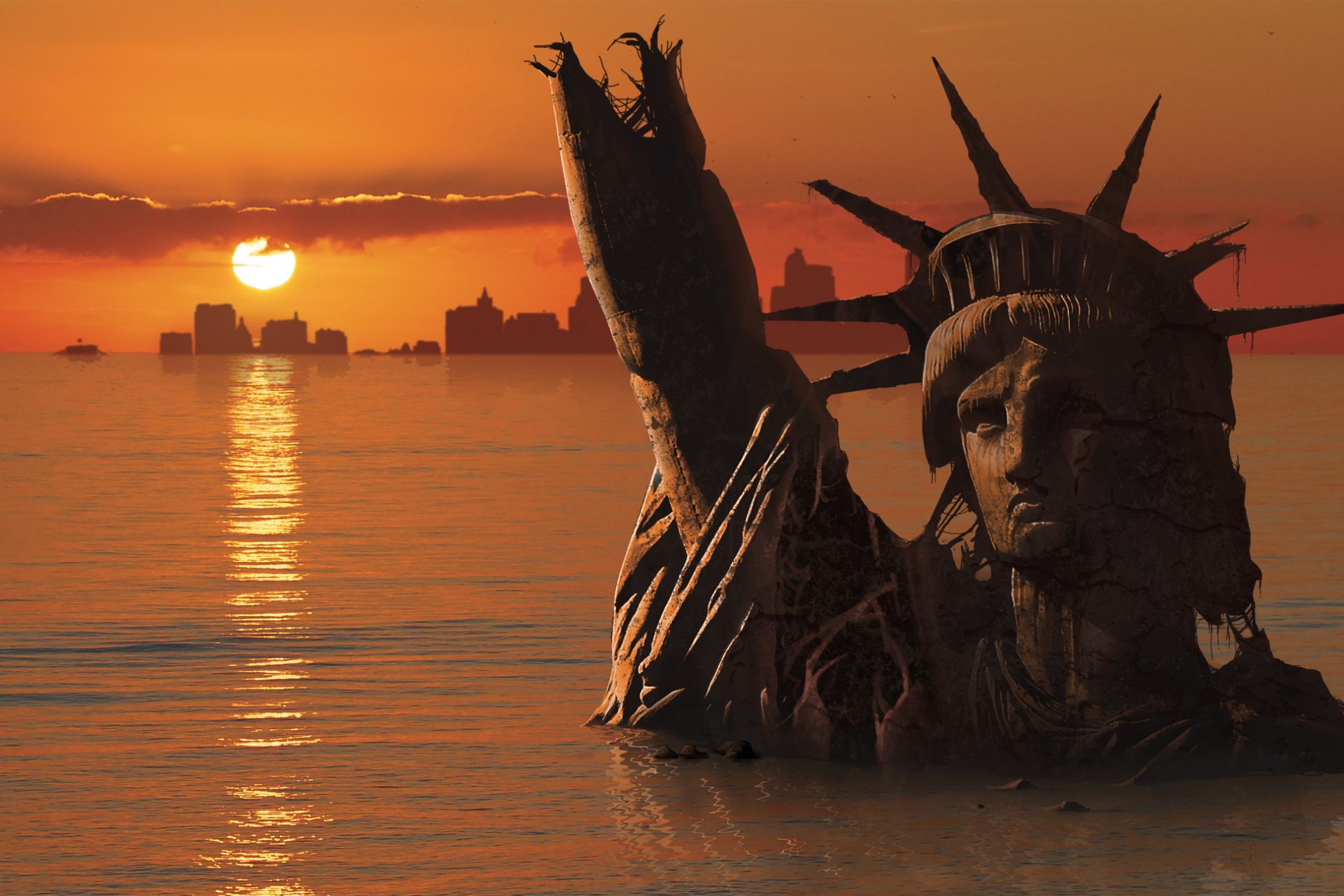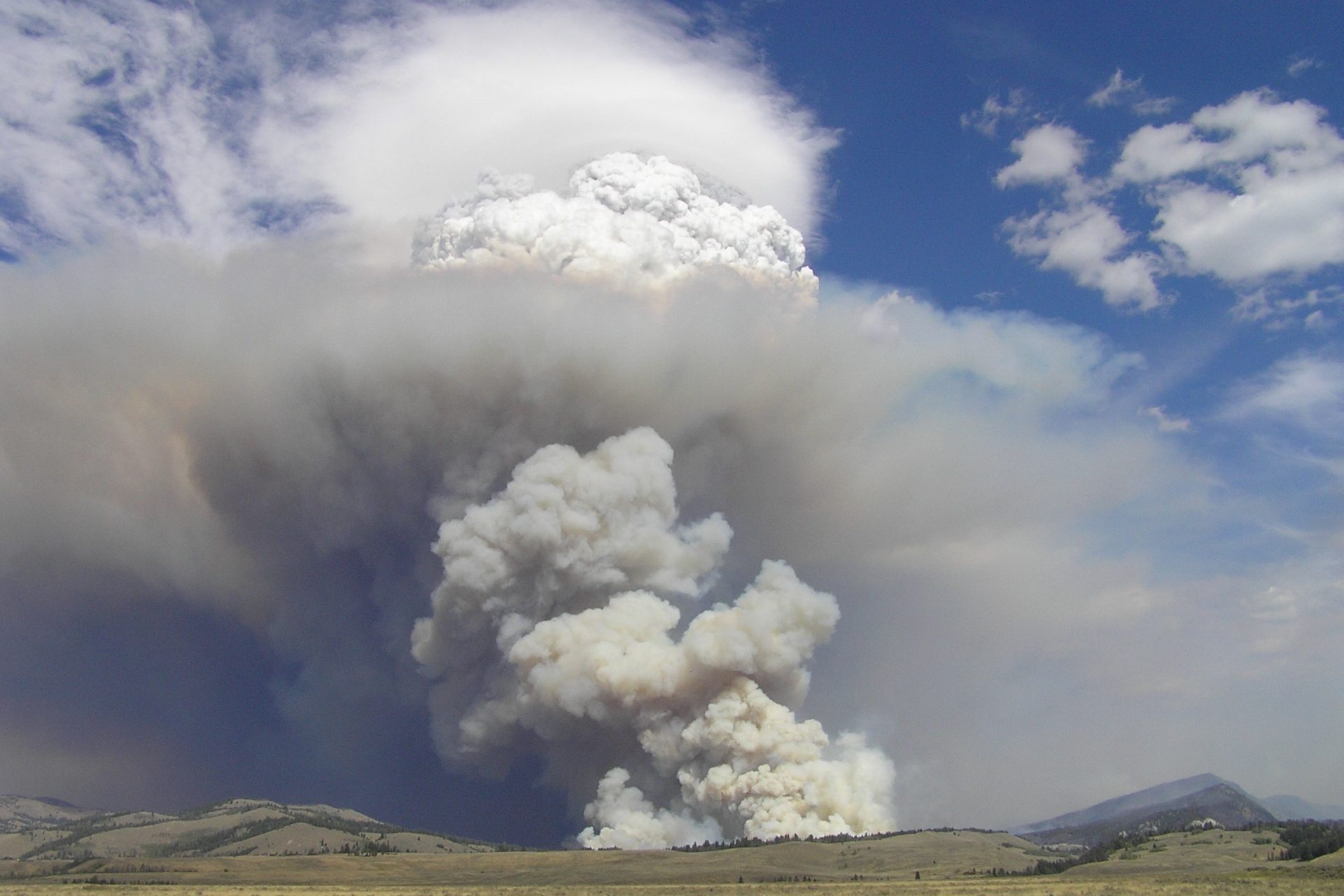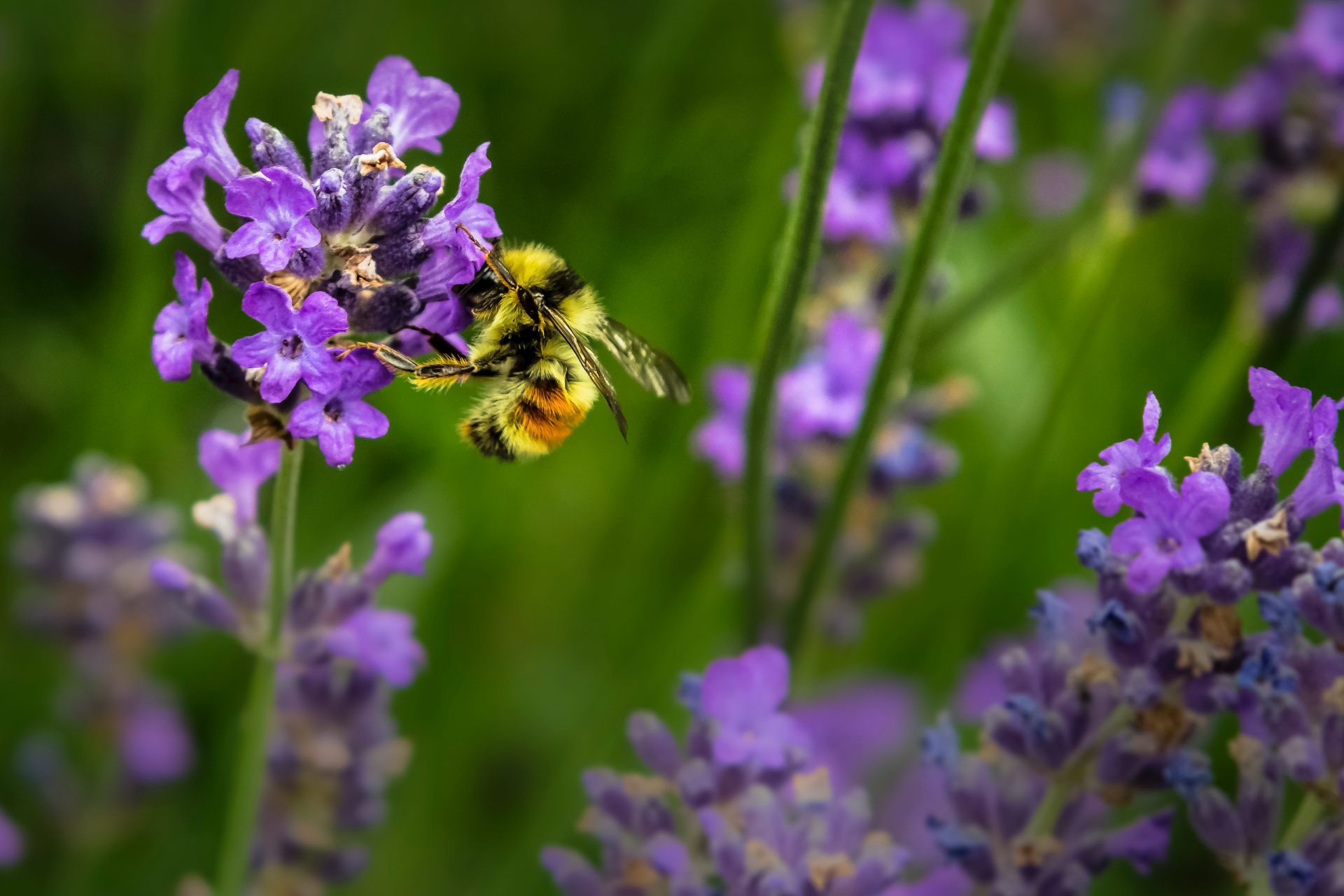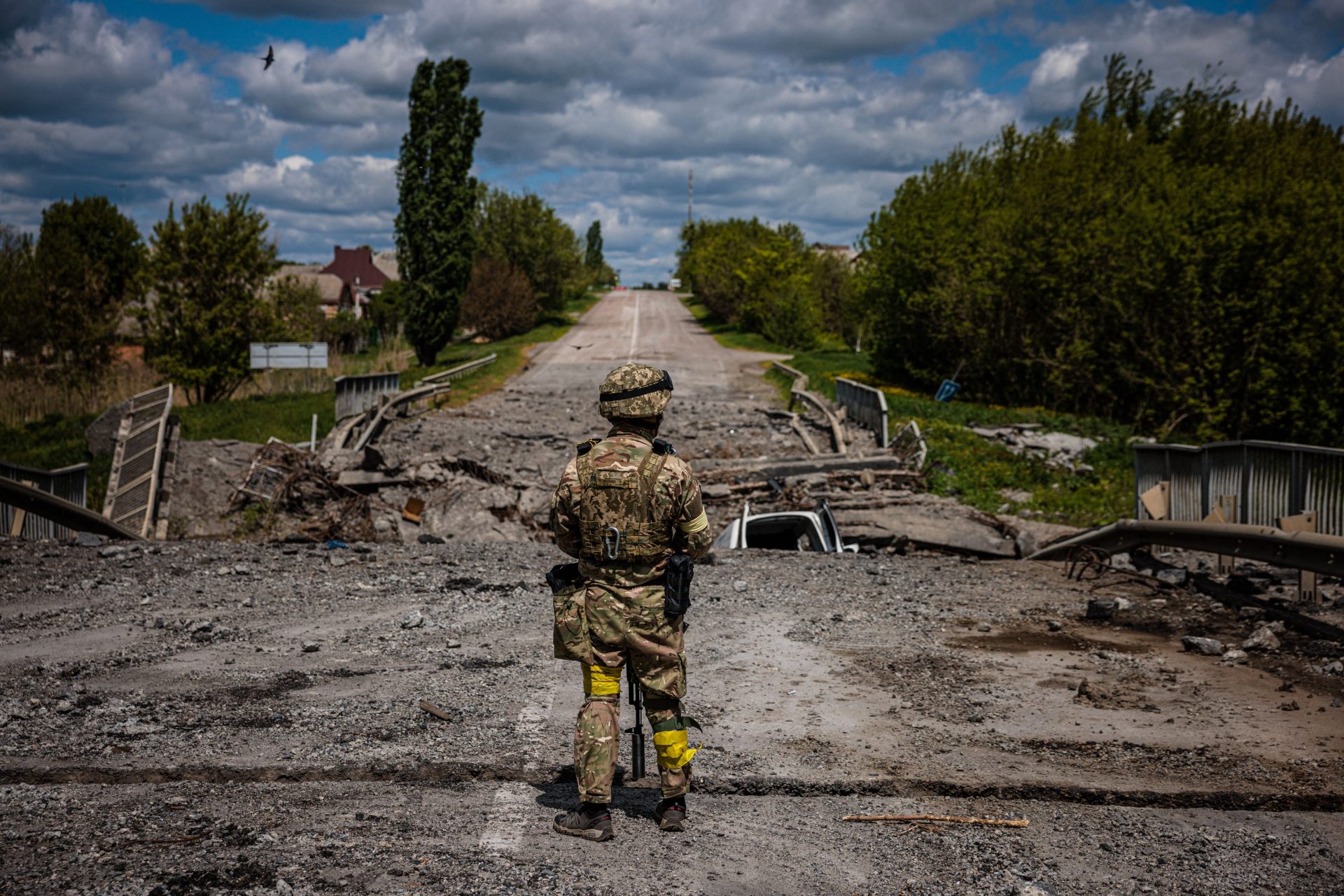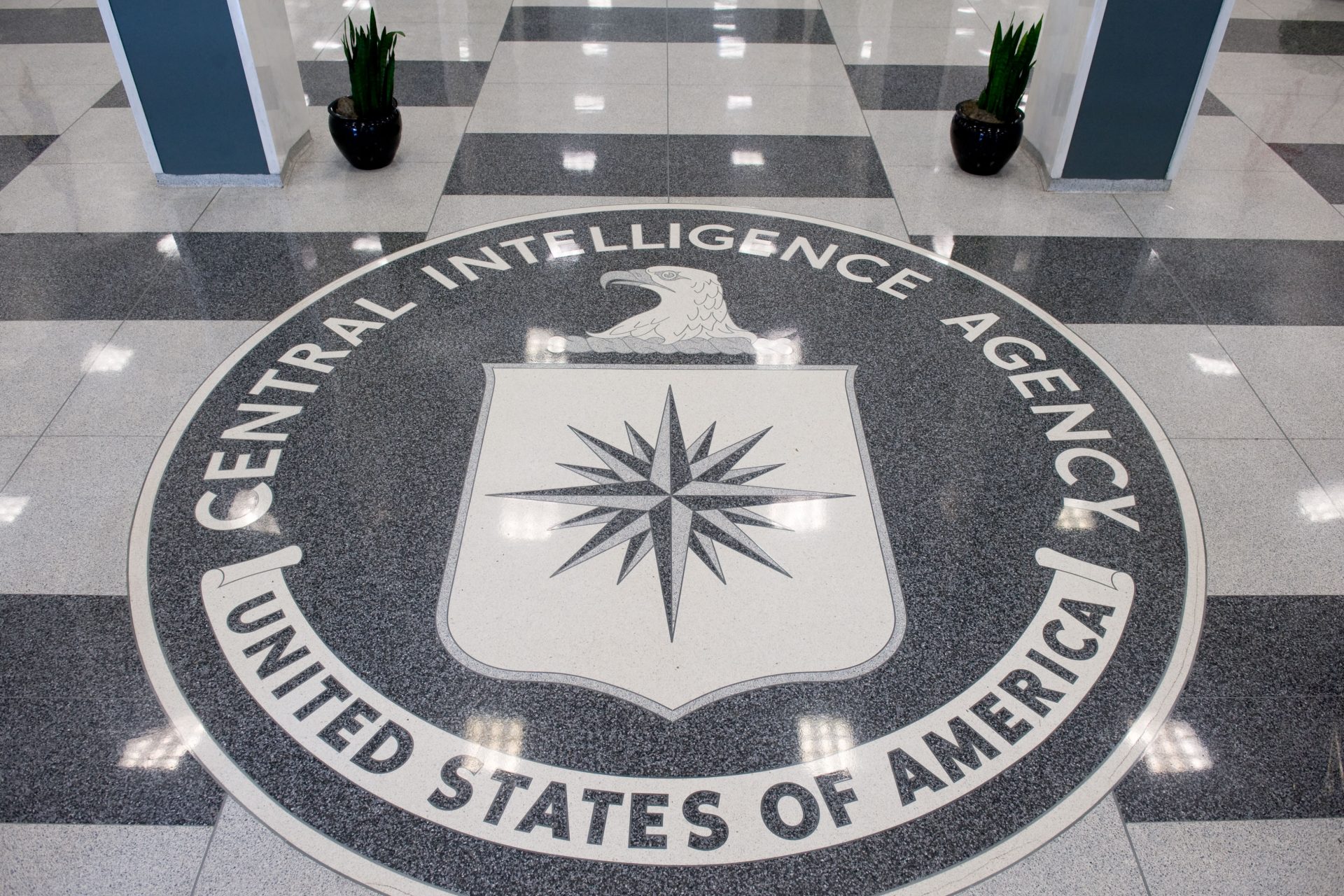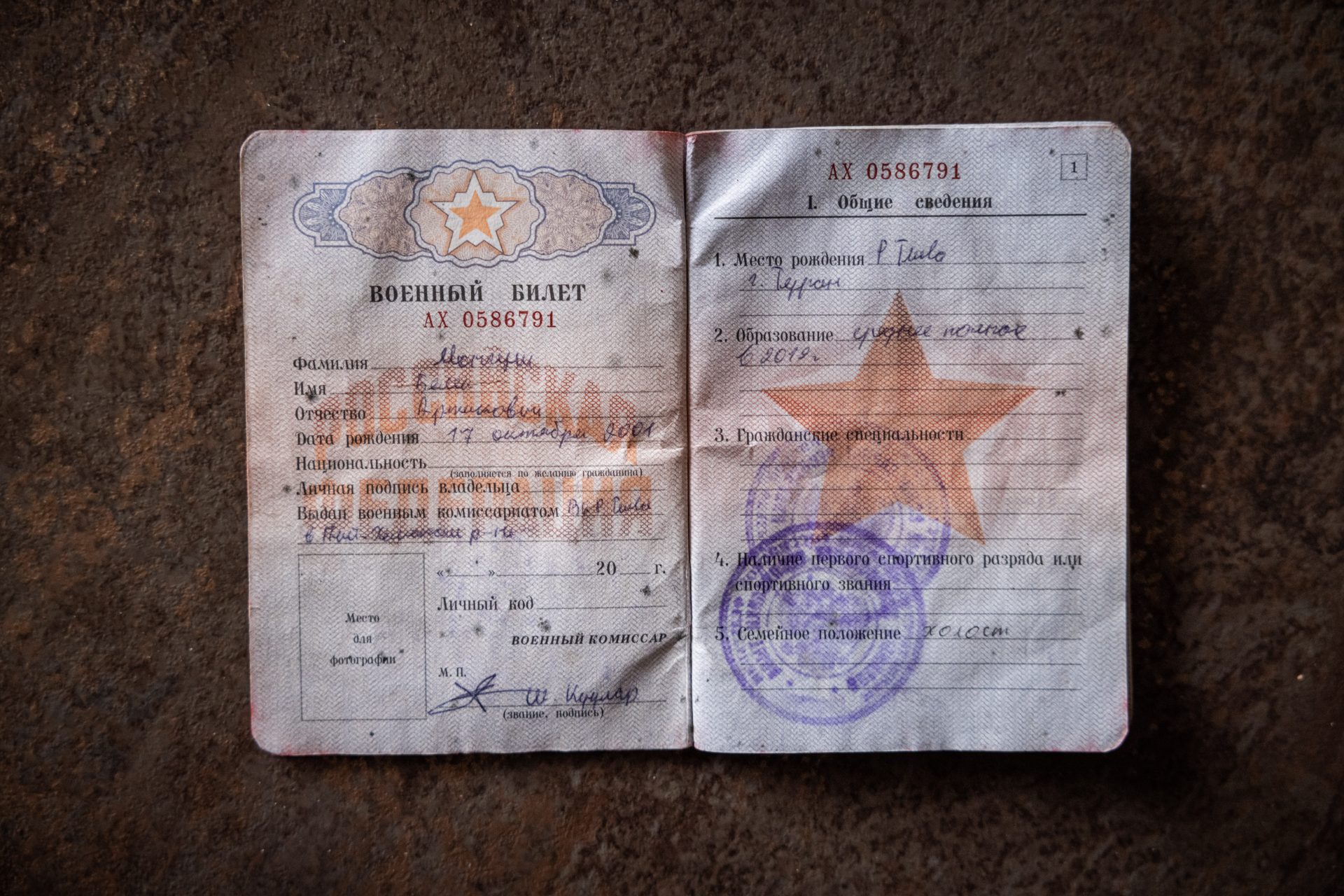Countdown to catastrophe? AI identifies major threats to humanity's future
Artificial intelligence, still a fresh concept for many, holds significant relevance in today's data-driven world. To shed light on its implications, we tapped into AI insights to explore potential factors that may contribute to human extinction.
We asked ChatGPT: "Based on scientific predictions, what are the top 10 threats that could endanger the survival of humanity?" This is what the AI chatbot had to say:
Climate change was placed at number 1 on the list of threats that endanger humanity according to ChatGPT.
The use of nuclear weapons was listed by ChatGPT as the second most probable threat to humanity, something many experts have been warning about.
António Guterres, the secretary-general of the United Nations, declared last year that the world faces a time of great nuclear danger. “Humanity is just one misunderstanding, one miscalculation away from nuclear annihilation,” he warned.
Photo: Jeff Vrba/Unsplash
The third threat to humanity cited by ChatGPT was the risk of pandemics or emerging diseases. After all, in this globalized world, humanity is always at risk of another pandemic.
A derivative of climate change is the persistent droughts that plague some regions of the planet. AI warns of a future without water in which we could end up battling between nations for these valuable resource.
Another consequence of climate change and the voracious action of man: biodiversity loss. Because of it (among other consequences), new diseases that jump from wild animals to humans could cause pandemics.
Moreover, specifically the disappearance of bees and other pollinating insects and animals, would result in a global scarcity of food supplies, as they rely on these animals, a 2007 PubMed study showed.
Photo: Jenna Lee/Unsplash
Without water, loss of biodiversity and the increasing extreme temperatures, the possibility of famines and wars becomes a great danger, according to the chatbot.
It’s no surprise then that war was also included in the list of threats by ChatGPT, as it is likely for nations to fight for scarce valuable resources.
Economic crises in global capitalism are cyclical and, according to ChatGPT, they can be so devastating as to pose a real threat to humanity.
Yes, ChatGPT included Artificial Intelligence among the potential threats to humanity. In general, any disruptive technical advance that can escape from our control would be on the chatbot’s list of threats to our civilization.
Another possibility that everything ends: an asteroid hitting the Earth. Statistically unlikely, but not impossible.
We added another question for ChatGPT: "How to avoid the extinction of humanity?"
ChatGPT’s answer was given in ten bullet points, among which education, global collaboration between nations and long-term planning stand out.
This allusion to the long term is interesting: short-term calculations and lack of preparation often end up in catastrophe, as the pandemic showed, for example.
Finally, ChatGPT said that, to avoid the threats that loom over humanity, we should reinforce two of the characteristics that allowed us to survive for millennia: adaptability and resilience.
Never miss a story! Click here to follow The Daily Digest.
More for you
Top Stories




